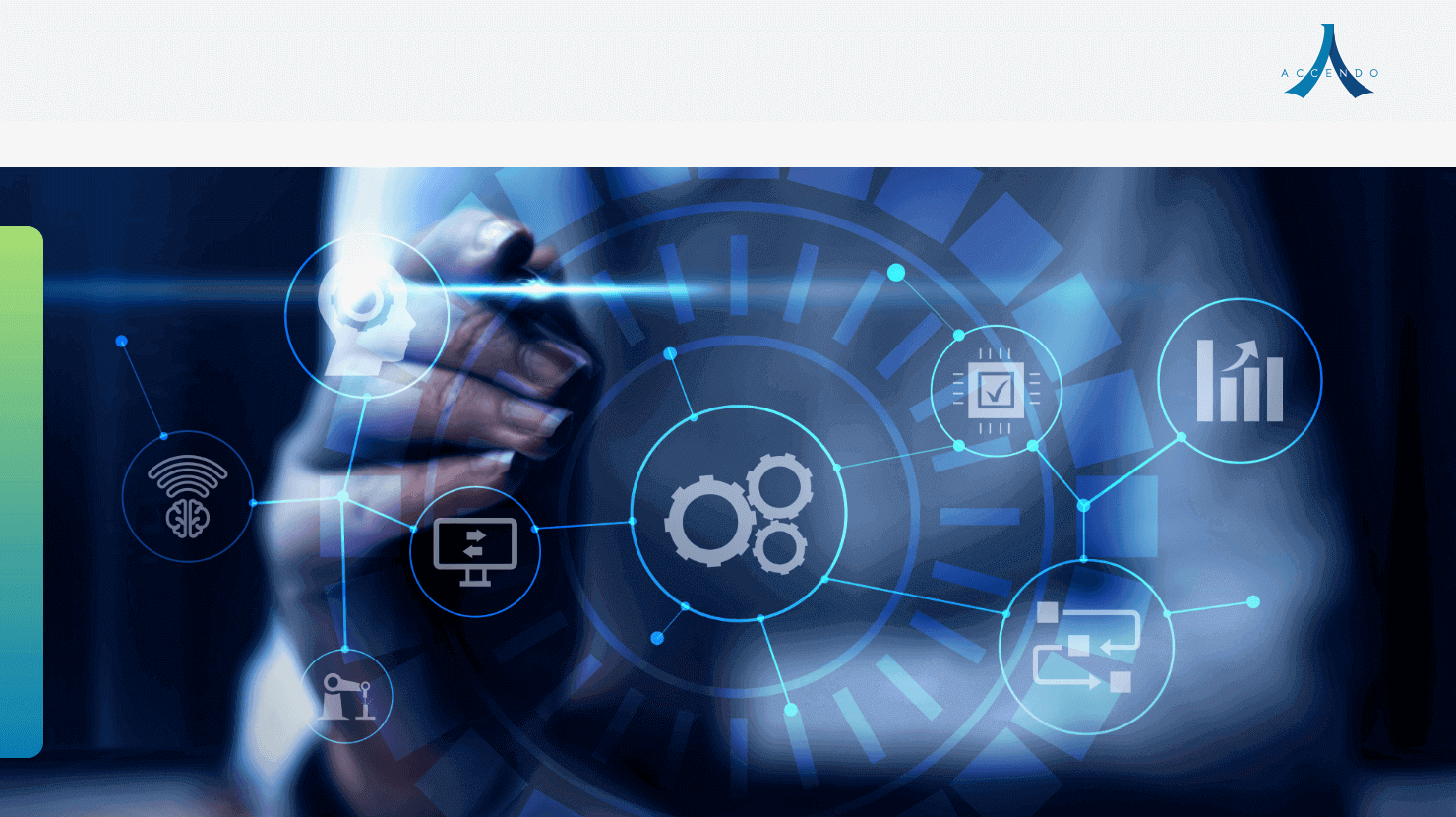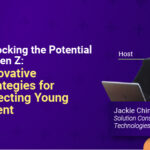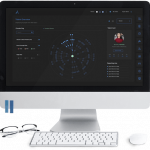
Introduction
The 21st century is a brave new world indeed. Who could have predicted the skills needed to thrive in today’s economy – an economy of startups, cloud-based computing, wearable tech and social media entrepreneurs?
The familiarity with rapidly transforming technology and tools; the rise of hardcore quantitative skills in banking, advertising, and healthcare; the rapidly blurring lines between hard and soft skills. These developments were unpredictable.
The next generation needs ‘Talent Heroes’ – leaders who understand the looming skills crisis and are doing something about it.
Many are calling this the 4th Industrial Revolution. And it is a revolution that is charging full speed ahead. For the most part, today’s skills will continue to be crucial. however, the next generation of job skills has the potential to be even more of a wildcard, and leaders of today’s top organisations should take notice and look to better understand how to find, hire, and cultivate the right talent. The next generation needs ‘Talent Heroes’ – leaders who understand the looming skills crisis and are doing something about it.
The next generation of job skills has the potential to be even more of a wildcard, and leaders of today’s top organisations should take notice and look to better understand how to find, hire, and cultivate the right talent.
Rise of the Talent Hero
This 4th Industrial Revolution reduces the barriers between physical and digital systems, where everything from artificial intelligence, 5G, 3D printing, and the Internet of Things will play a role in transforming industries across the board. Workforces will go from managing specific verticals to working in an interlocking system driven by automation and algorithms. Without a doubt, the transformative impacts will be great.
Executives say that employees’ lack of technological fluency is a challenge in preparing workforces for the short-term ways in which work is changing.
According to a recent survey, more than half of c-suite executives think there’s too great a mismatch between current skill sets and those necessary in the future. They also think they lack the knowledge of what skills will be needed in the future. Much of that skill gap-related anxiety is focused on the role of emerging technologies in the coming years: With executives saying that employees’ lack of technological fluency is a challenge in preparing workforces for the short-term ways in which work is changing.
Many executives, however, don’t believe the onus falls on business to help develop employees’ necessary skills. Instead, 80 per cent of business leaders think it’s up to the government, the education system and individuals to develop the skills workers will need to succeed in the future.
To that point, Accendo’s TalentPulse – the first intelligent talent experience platform – is a boon for both employers and employees as it enables personalised career-pathing and skills development journeys that, at its core, puts the onus and prerogative of career development in the hands of the employees. This allows for an extremely customised career journey within an organisation and the business now acts purely as a facilitator; no longer the driver for development.
Instead, 80 per cent of business leaders think it’s up to the government, the education system and individuals to develop the skills workers will need to succeed in the future.
This will augment and aid the ‘Talent Heroes’ – a subgroup of executives who take a more proactive route in preparing their workforces and who feel more responsible for training their employees in emerging skill sets than their peers do. These people are highly tech-savvy: Talent Heroes are more likely to invest in disruptive technology and are committed to using those technologies in an ethical manner.
Harnessing Tomorrow’s Workforce
Building the best workforce of tomorrow means that business leaders will need to be more strategic when it comes to building a path towards the future of work. Make it a priority to ensure your workforce keeps up with emerging technologies and techniques, particularly those that will be deployed within your business or industry. Understand the priorities and expectations of this generation as well as the next one. Think about what skills your workforce will need to have not just tomorrow, but in the years and decades to come. It can mean the difference between a company that thrives in the workplace of the future, and one that dies.
Bridging the skills gap
Many organisations are taking steps to address the skills gap and maintain a high-quality workforce, but are they taking the right steps? Not every remedy to the skills shortage is effective, and even those that are highly effective for some positions aren’t right for all difficult-to-fill positions. So how can you attempt to best bridge the skills gap while your talent is developing?
• Providing onsite training to employees (e.g., seminars, training programs)
• Starting/expanding training programs to help improve the skills of new hires
• Hiring external workforce (e.g., temps, independent contractors)
• Increasing compensation
• Improving retention efforts for current employees
In Conclusion
What is clear is that there exists a clear and present need to address the skills gap in the workforce, but the good thing is there are fundamentally sound ways in which to start to do it. It isn’t an easy process but with the right help, your organisation can be on the way to thriving in this 4th Industrial Revolution. Find out how we can help you do this through a combination of data-driven, behavioural science-based, and intelligent solutions by reaching out to Accendo.

Related queries
What is next generation HR?
An organization that gives human resources a role in developing strategic goals and puts integrated tools into place can flexibly maintain its human capital per those objectives. Next generation HR officers are empowered to determine how specific strategic values can be created through human capital.
What is HR Future Trends in 2023?
The shift toward skills-based hiring will accelerate in 2023 as skills emerge as the currency of the labour market. Flexibility is the ability to choose one’s work schedule and it no longer means just working remotely. It can mean working four or even three days a week, while working longer hours each day.
What is the next generation of workforce?
The Transformative Age will reshape the working world. In an era of automation and never-before-seen challenges, tomorrow’s workers will need to be creative, adaptable and resilient. Accendo support’s young and underserved groups to foster future-focused mindsets and transferable skills.
What is the future of HR roles?
The role of HR is continuously evolving, and HR professionals can aim to learn about the technologies, trends and operational changes shaping the future of business. HR can be agile in adapting to those changes in order to effectively support employee development, retention and recruitment. Here at Accendo we help you achieve just that and more using TalentPulse
Page Contents






